Submitted by WA Contents
Kenyan startup founder Nzambi Matee recycles plastic to make bricks that are stronger than concrete
Kenya Architecture News - Feb 12, 2021 - 14:05 183249 views
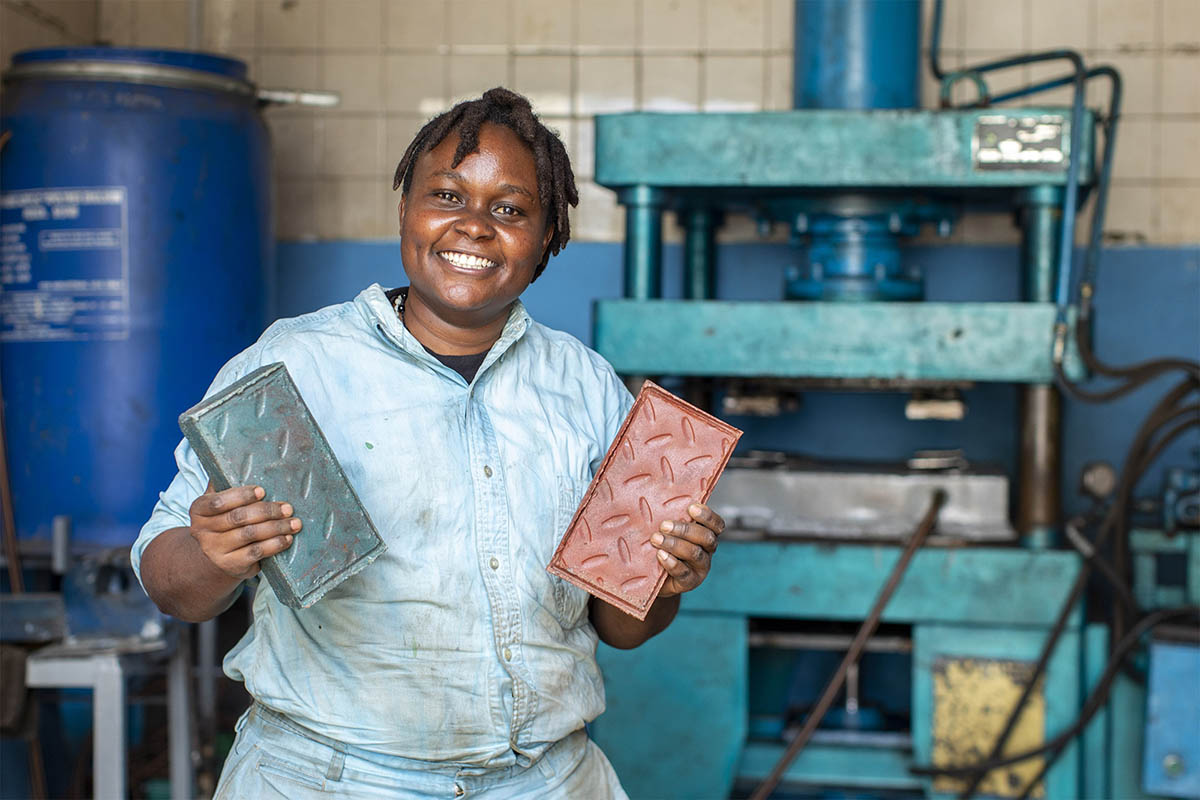
Nairobi-based startup company Gjenge Makers, founded by Nzambi Matee, has created a lightweight and low-cost building material that is made of recycled plastic with sand to make bricks that are stronger than concrete material.
Nzambi Matee, a 29-year-old trained engineer and schooled in biochemistry, founded the new ways of converting waste into sustainable materials.
With her initiative, Matee has recently been named a Young Champion of the Earth 2020 Africa winner at the United Nations Environment Programme (UNEP). The award "provides seed funding and mentorship to promising environmentalists as they tackle the world's most pressing challenges."
Video by UNEP
Her company Gjenge Makers' project has started to use the product with paving stones applied in houses, schools or streets, the product is highly durable and diminishes its maintaining cost. Her startup company produces about 500-1000 bricks per day, "recycling close to 500 kilograms of plastic waste a day."
"Plastic waste is not just a Kenya problem, but it's a worldwide problem," said Nzambi Matee.
"Here Nairobi we generate about 500 metric tones of plastic waste every single day and only a fraction of that is recycled."
"We decided what more can we do instead of just sitting in the sidelines and complaining. Essentially, companies have to pay to dispose the waste, so we solved their problem."
"That waste essentially comes for free."
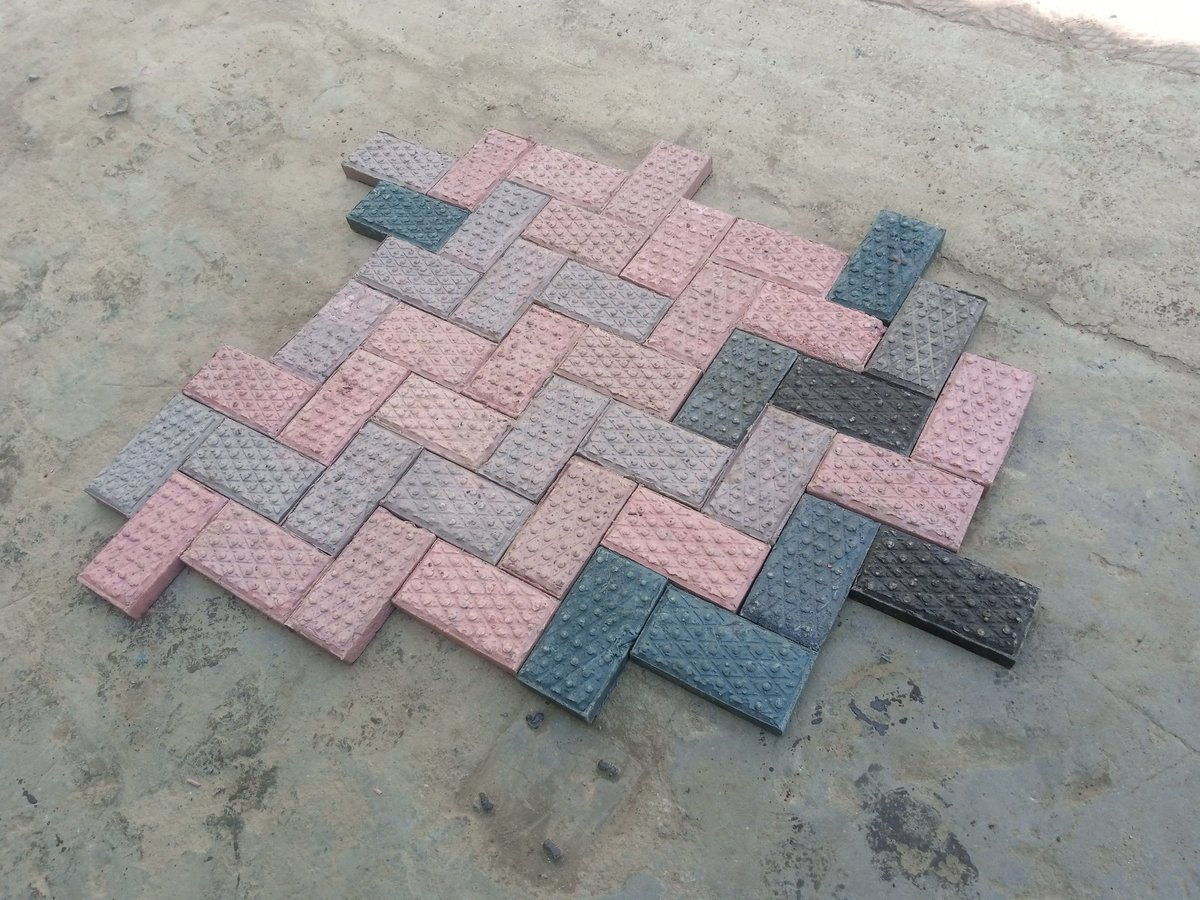
Explaining the process in detail, her company gets the plastic waste from packaging factories or buys it from other recyclers, she mixes with sand as the plastic like the binder.
The company has three machines, the extruder does the mixing of plastic waste, with sand, at very high temperatures and then the press compresses it.
"Plastic is fibrous in nature, so therefore, the brick ends up having a stronger compression strength," Matee added. "We right now have a capacity of producing 1000 to 15000 bricks a day."
"So far we have recycled 20 metric tons, and we're looking to push that value to 50 by the end of next financial year," she added.
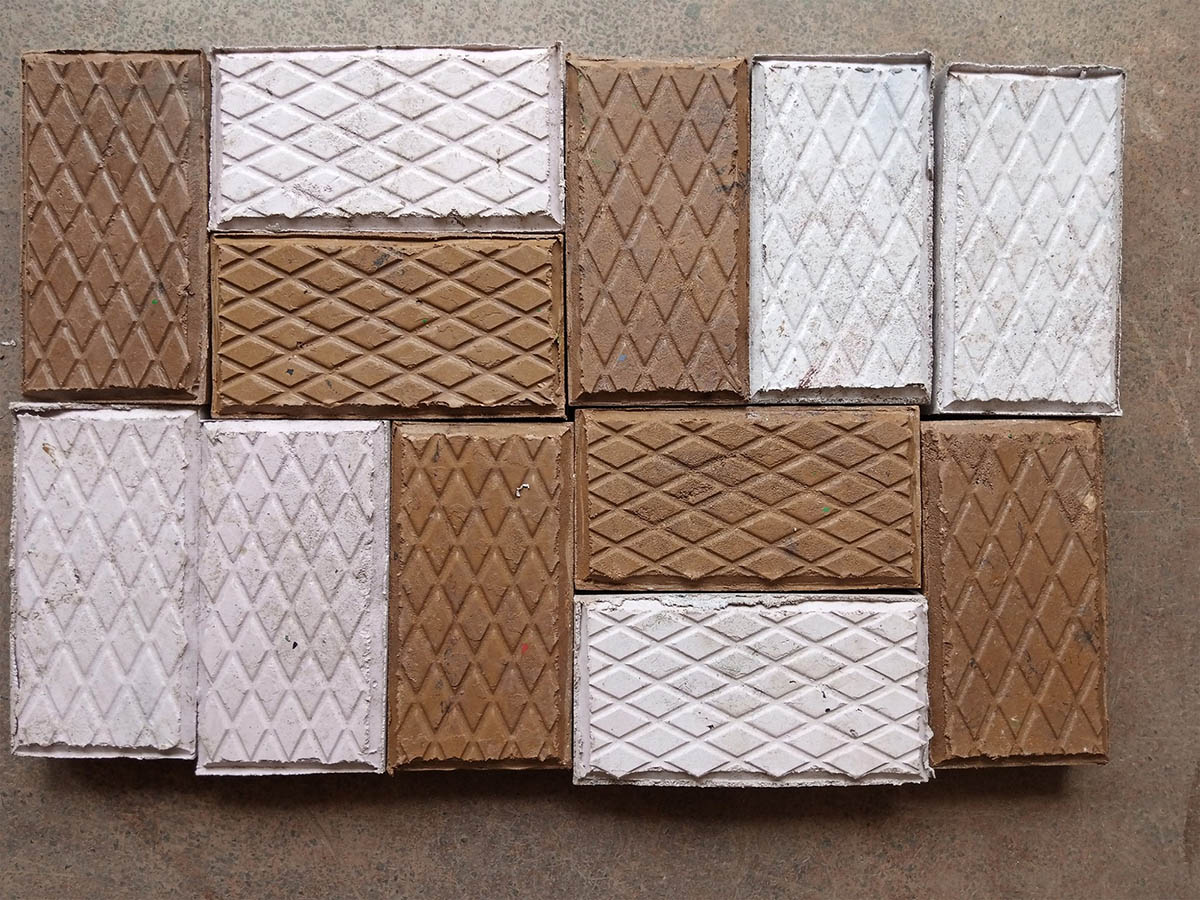
"Plastic is a material that is misused and misunderstood"
According to the young entrepreneur, plastic has an "enormous" potential to work with it, but it is "misused and misunderstood."
“It is absurd that we still have this problem of providing decent shelter – a basic human need,” continued Matee. "Plastic is a material that is misused and misunderstood. The potential is enormous, but its after life can be disastrous."
The company's pavers are fully certified by the Kenyan Bureau of Standards. They have a melting point over 350°C, and they are much stronger than their concrete equivalents.
Matee, who specialized in material science and worked as an engineer in Kenya’s oil industry, was inspired to launch her business after routinely coming across plastic bags strewn along Nairobi’s streets.
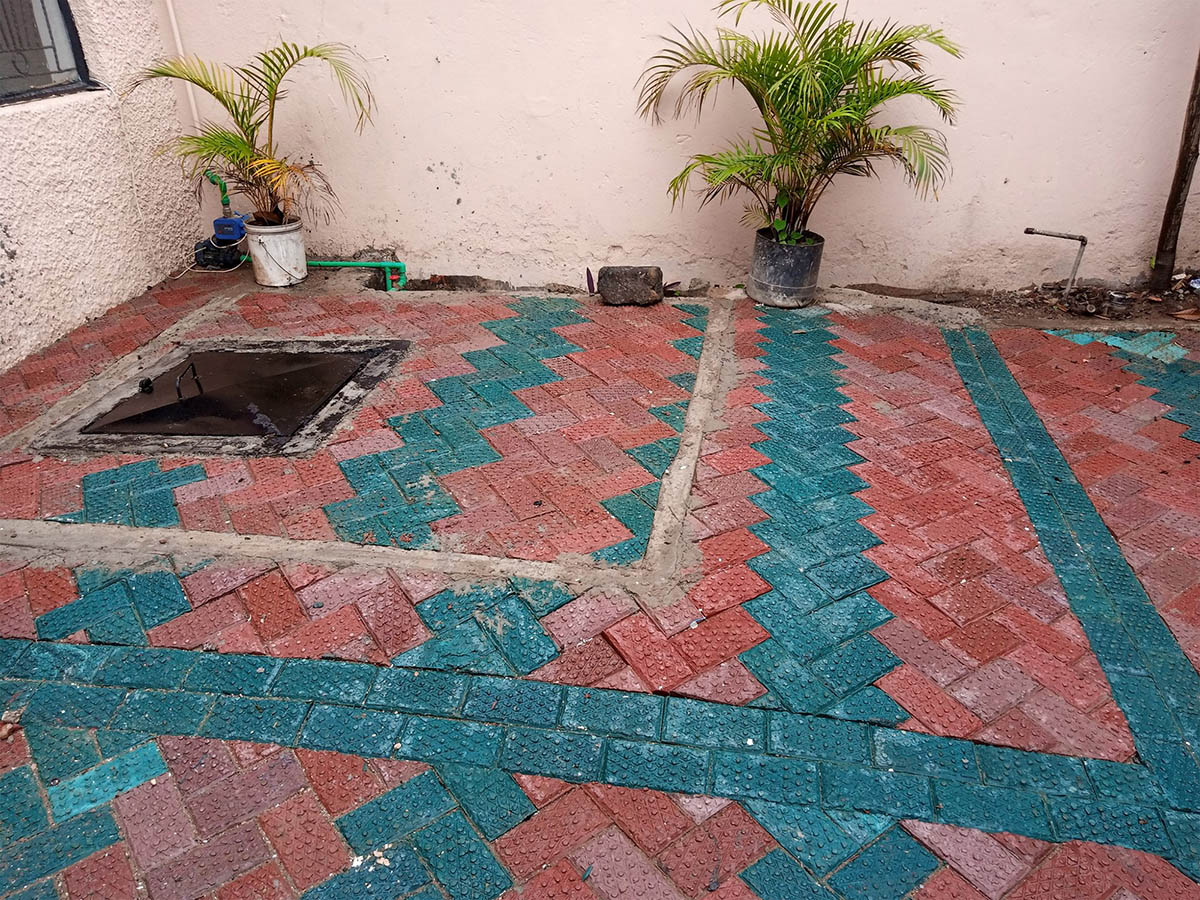
In 2017, she quit her job - who was working as a data analyst and set up a small lab in her mother’s back yard. There, she began creating and testing pavers, which are a combination of plastic and sand.
Although her neighbours complained about the noisy machine she was using, Matee waited for one year to develop the right ratios for her paving bricks.
"I shut down my social life for a year, and put all my savings into this,” she said. "My friends were worried."
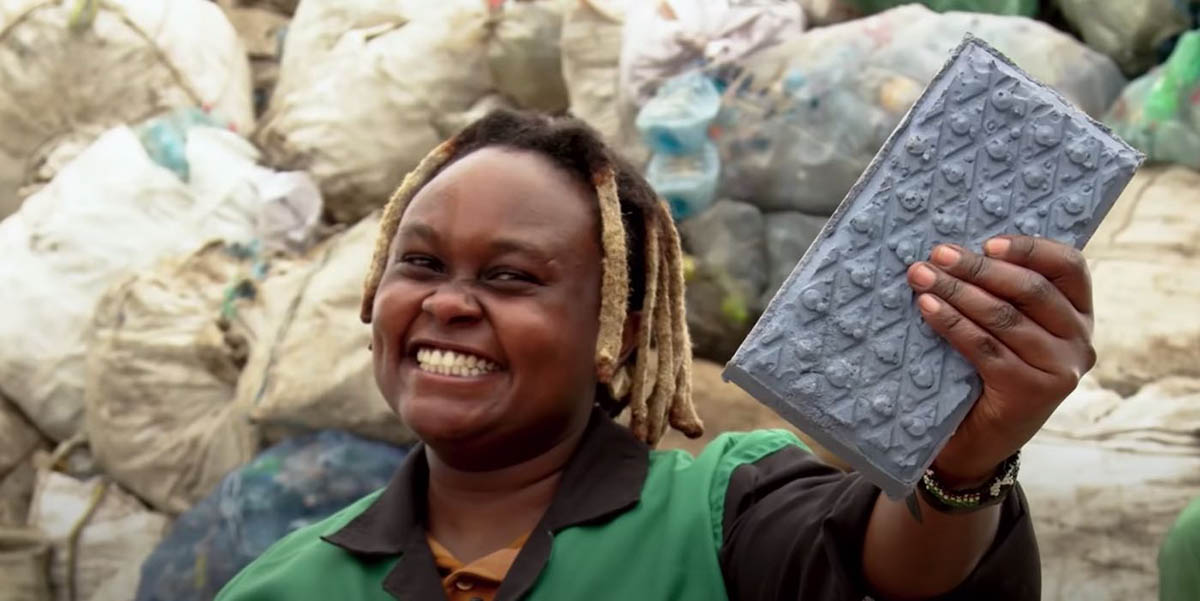
According to UNEP, globally, people purchase 1 million plastic drinking bottles in every minute while up to 5 trillion single-use plastic bags are used annually.
"Through trial and error, she and her team learned that some plastics bind together better than others. Her project was given a boost when Matee won a scholarship to attend a social entrepreneurship training programme in the United States of America. With her paver samples packed in her luggage, she used the material labs in the University of Colorado Boulder to further test and refine the ratios of sand to plastic," explained in UNEP's website.
With this process, Matee also developed the machinery she would use to make the bricks. "Once we know how to make one paver, we need to know how to make 1,000 pavers," she explained.
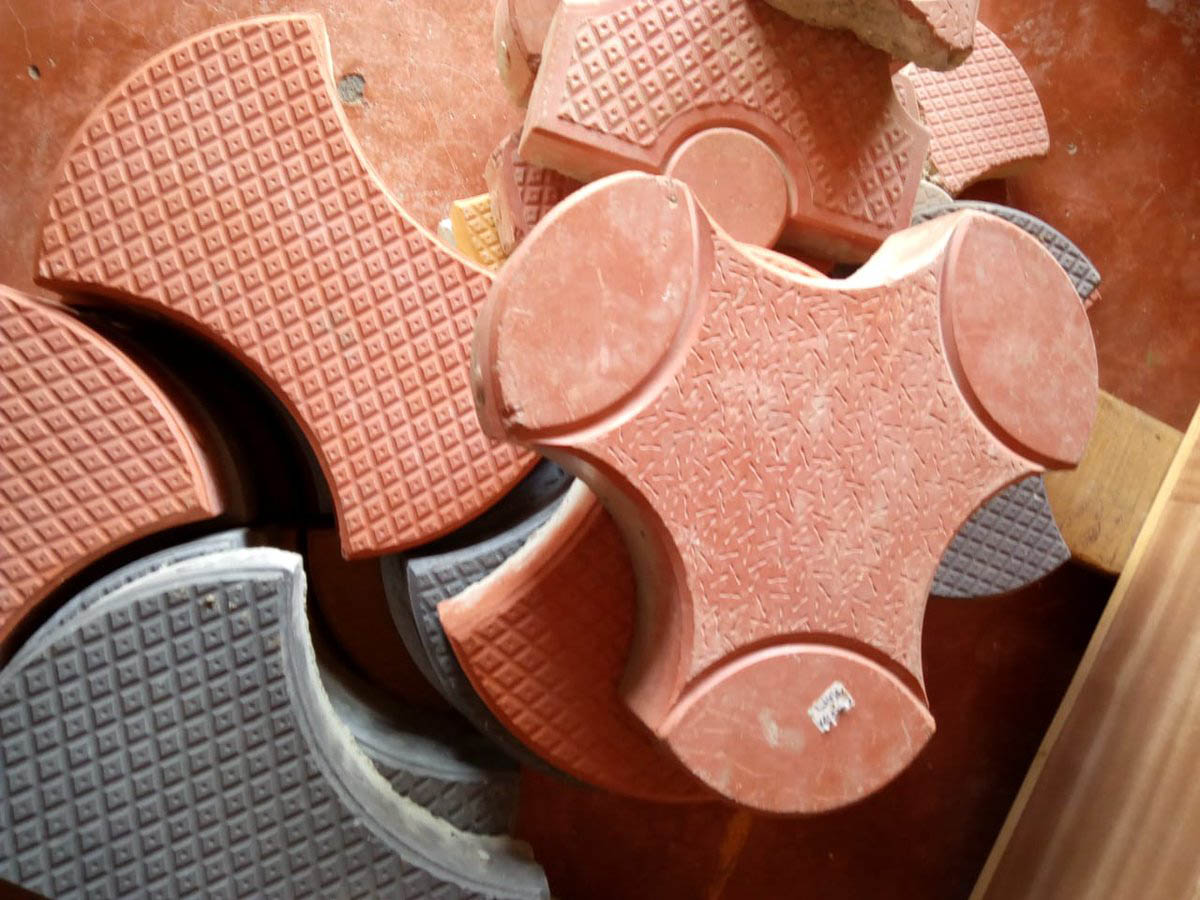
"We must rethink how we manufacture industrial products and deal with them at the end of their useful life," said Soraya Smaoun, who specializes in industrial production techniques with UNEP.
"Nzambi Matee’s innovation in the construction sector highlights the economic and environmental opportunities when we move from a linear economy, where products, once used, are discarded, to a circular one, where products and materials continue in the system for as long as possible."
All images courtesy of Gjenge Makers Ltd.
